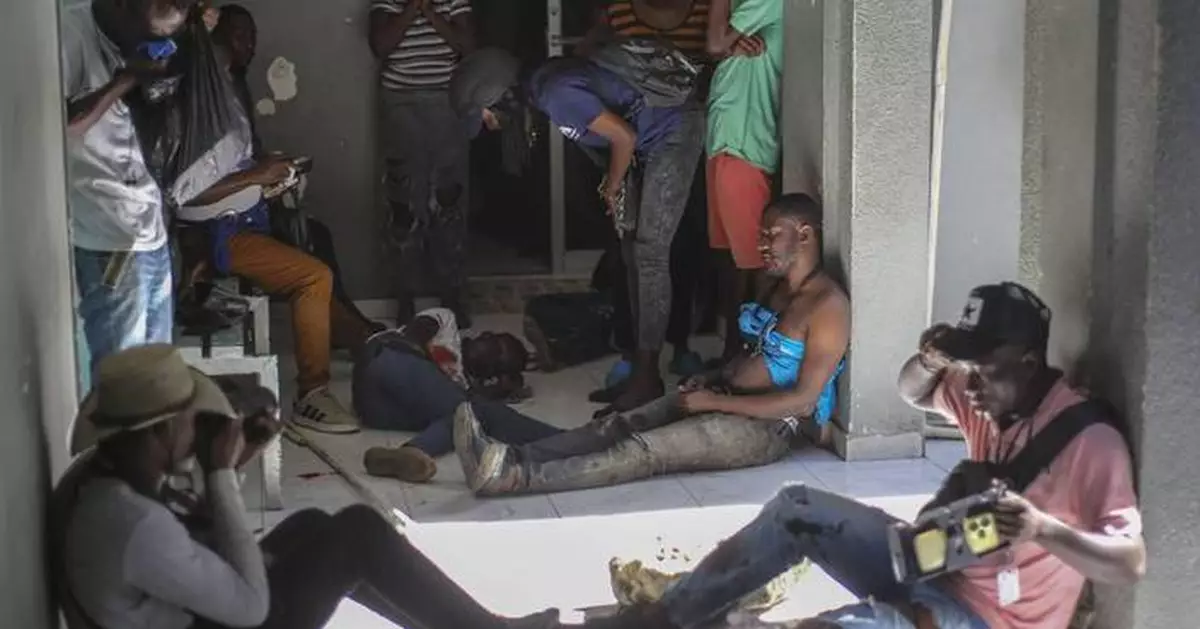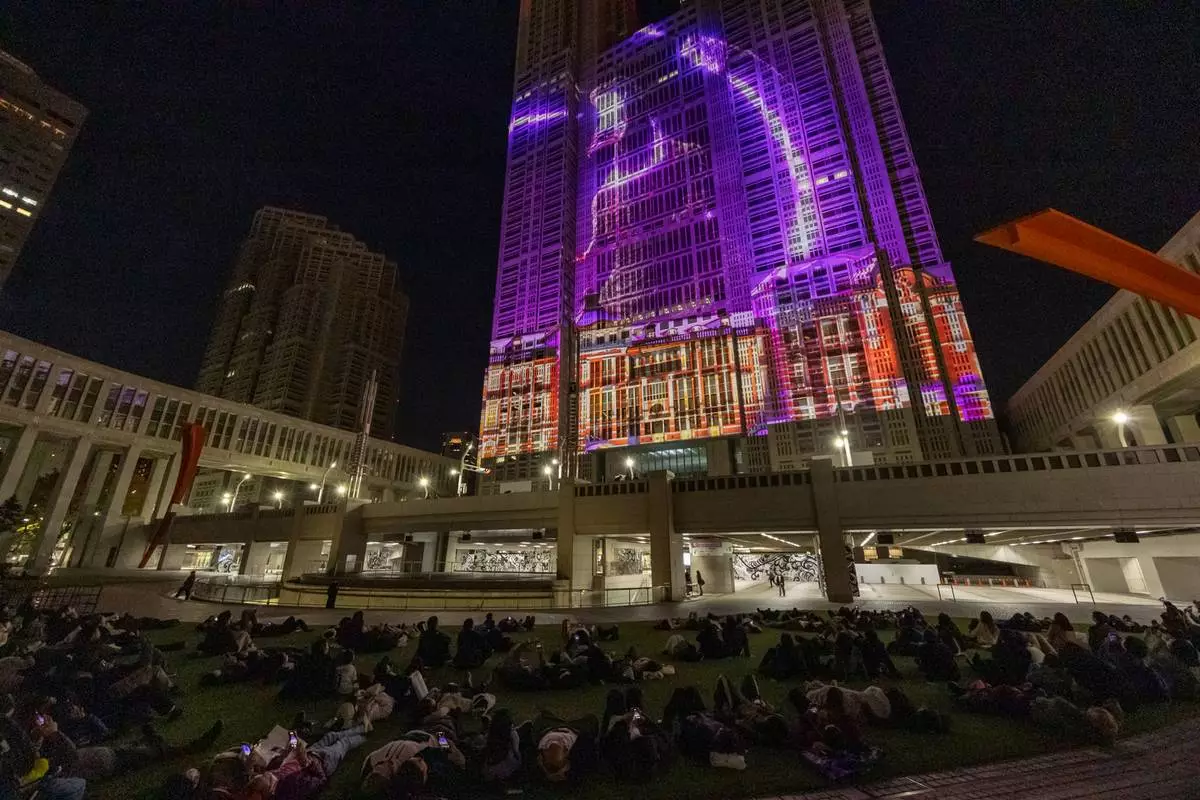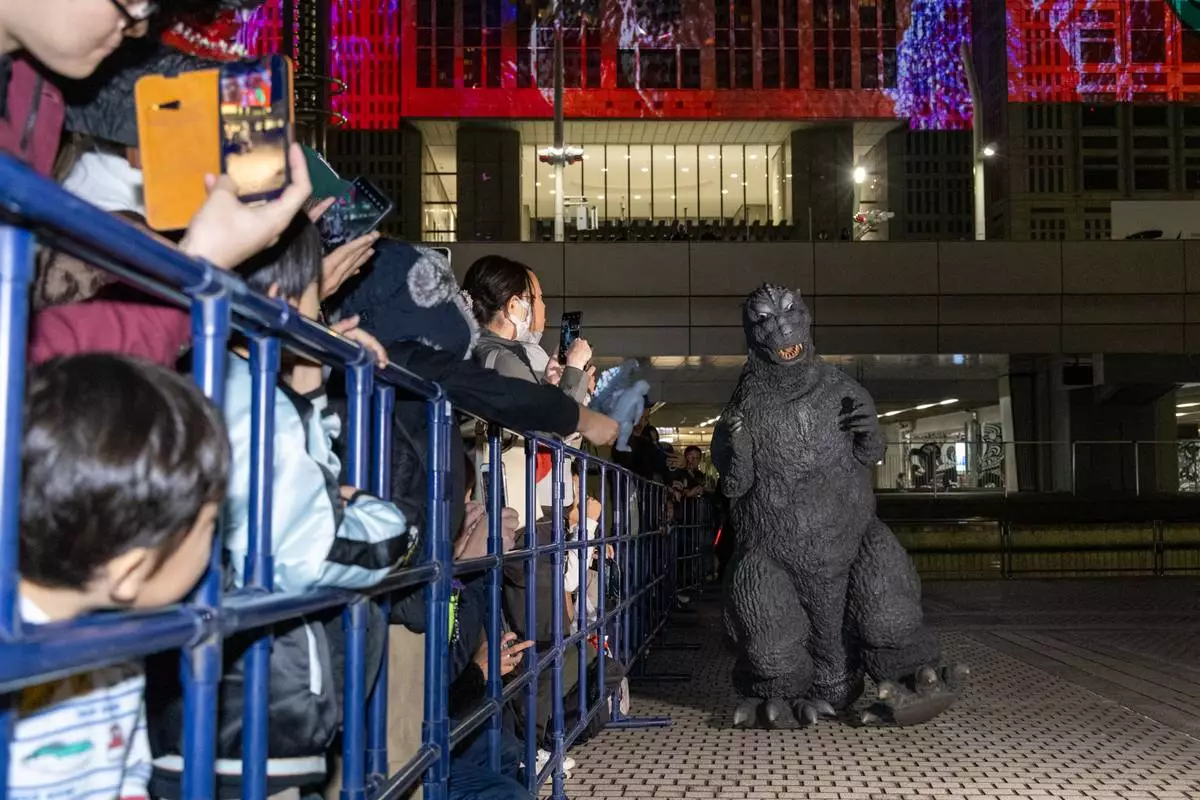PORT-AU-PRINCE, Haiti (AP) — More than 5,600 people were reported killed in Haiti last year as a U.N.-backed mission led by Kenya struggles to contain rampant gang violence, officials said Tuesday.
The number of killings increased by more than 20% compared with all of 2023, according to the U.N. Human Rights Office. In addition, more than 2,200 people were reported injured and nearly 1,500 kidnapped, it said.
“These figures alone cannot capture the absolute horrors being perpetrated in Haiti, but they show the unremitting violence to which people are being subjected,” Volker Türk, U.N. high commissioner for human rights, said in a statement.
Among the victims are two journalists and a police officer killed when gunmen opened fire on a crowd that gathered on Christmas Eve for the much-anticipated reopening of Haiti’s biggest public hospital, which gangs forced closed earlier this year.
Overall, gang violence has left more than 700,000 Haitians homeless in recent years, with many crowding into makeshift and unsanitary shelters after gunmen razed their homes.
“I saw family members being murdered, and there was nothing I could do to save them,” recalled Garry Joseph, 55, who now lives in an abandoned government office with hundreds of others who fled their neighborhoods. “Everybody was running for their lives the night we had to leave.”
Last year's victims include more than 200 people killed in early December in a gang-controlled slum, many of them older Haitians, after a gang leader sought to avenge his son’s death following Vodou rituals, according to the U.N. It was one of the biggest massacres reported in Port-au-Prince in recent history.
“It’s time for them to die,” said Anita Jean-Marie of gang members. “They've made people’s lives unbearable.”
The 49-year-old mother of two boys lives in an overcrowded shelter after gangs chased them out of their home: “We don't know what they're fighting over.”
Among those killed last year are 315 suspected gang members or people associated with them who were lynched and more than 280 people killed by police in alleged summary executions, the U.N. said.
“It has long been clear that impunity for human rights violations and abuses, as well as corruption, remain prevalent in Haiti,” Türk said.
He called for more logistical and financial support for the U.N.-backed mission that began in early June as the U.S. and other countries called for a U.N. peacekeeping mission.
About 400 police officers from Kenya are leading the mission and were joined days ago by some 150 military police officers from Central America, the majority from Guatemala. Jamaica, Bahamas and Belize have sent a handful of personnel, while other nations including Barbados, Bangladesh and Chad have pledged to do the same, but it isn’t clear when they would be deployed.
The number remains far below the 2,500 officers expected for the mission.
In another blow to Haiti’s stability, Sunrise Airways announced Monday that it would temporarily suspend flights to and from the capital of Port-au-Prince, 85% of which is controlled by gangs. It did not provide a motive, saying only that the decision was based on circumstances out of its control, adding that the safety of passengers and crew members were a priority.
That leaves the country’s main international airport without any commercial flights for the third time this year.
“There is nowhere you can go,” Joseph said, noting that gangs also control all main roads entering and leaving Port-au-Prince and randomly open fire on public transport. “Nobody is safe in this country, especially in Port-au-Prince. ... Everybody is just counting their days.”
In November, the airport in Port-au-Prince closed after gangs opened fire and struck three planes, including a Spirit Airlines plane that was mid-flight, injuring a flight attendant.
While the airport has since reopened, the U.S. Federal Aviation Administration in December extended a ban on U.S. flights to Haiti’s capital until March 12 out of safety.
Rony Jean-Bernard, a 30-year-old former moto taxi driver now living in a crowded shelter, said gang violence has forced him to rely on handouts.
“I'm living on bread and sugar most of the time,” he said, noting that government officials stopped handing out free meals at his shelter about four months ago.
“Every day is like darkness,” Bernard said. “I can’t see where life is taking me with this government in place that is making promises that things will get better. I hear that every day.”
As violence keeps surging, Türk called on all nations to halt deportations to Haiti.
“The acute insecurity and resulting human rights crisis in the country simply do not allow for the safe, dignified and sustainable return of Haitians. And yet, deportations are continuing," he said.
Under the administration of U.S. President Joe Biden, some 27,800 Haitians were deported, according to Thomas Cartwright of Witness at the Border, an advocacy group that tracks flight data.
Meanwhile, the neighboring Dominican Republic, which shares the island of Hispaniola with Haiti, deported more than a quarter million of people to Haiti last year as part of an ongoing crackdown on migrants.
Associated Press reporter Dánica Coto in San Juan, Puerto Rico, contributed.
Follow AP’s coverage of Latin America and the Caribbean at https://apnews.com/hub/latin-america
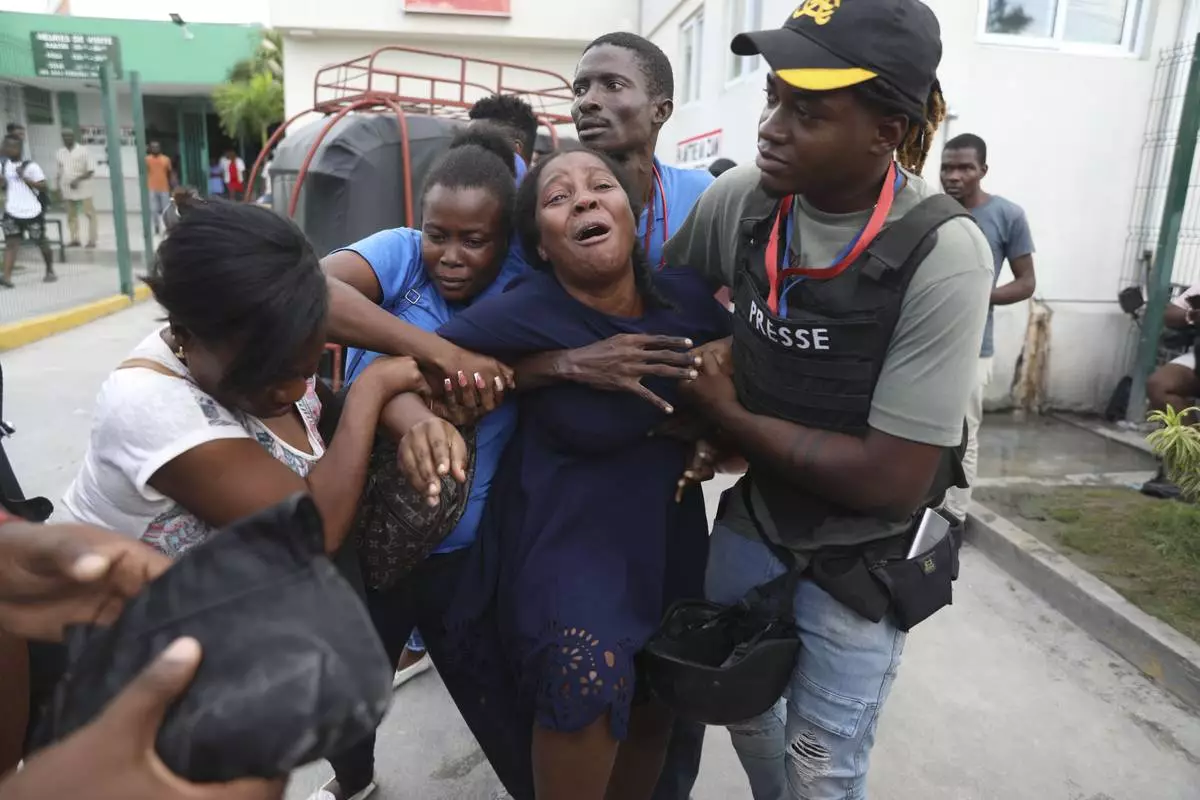
The wife of a journalist, who was shot during an armed gang attack on the General Hospital, cries as an ambulance arrives with his body, at a different hospital in Port-au-Prince, Haiti, Tuesday, Dec. 24, 2024. (AP Photo/Odelyn Joseph)

A wounded journalist talks on the phone while lying on the floor of the General Hospital, after being shot by armed gangs in Port-au-Prince, Haiti, Dec. 24, 2024. (AP Photo/Jean Feguens Regala)
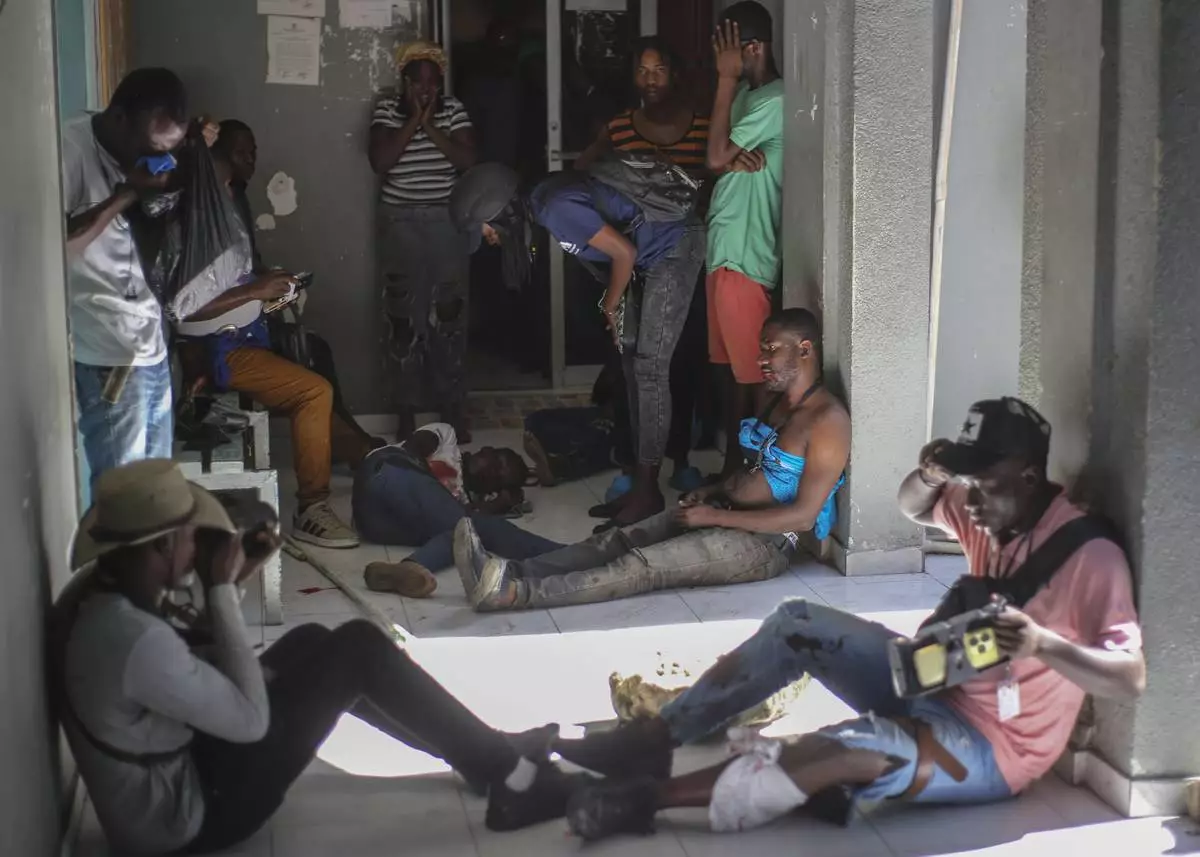
Journalists sit wounded after being shot by armed gangs at the General Hospital in Port-au-Prince, Haiti, Tuesday, Dec. 24, 2024. (AP Photo/Jean Feguens Regala)


